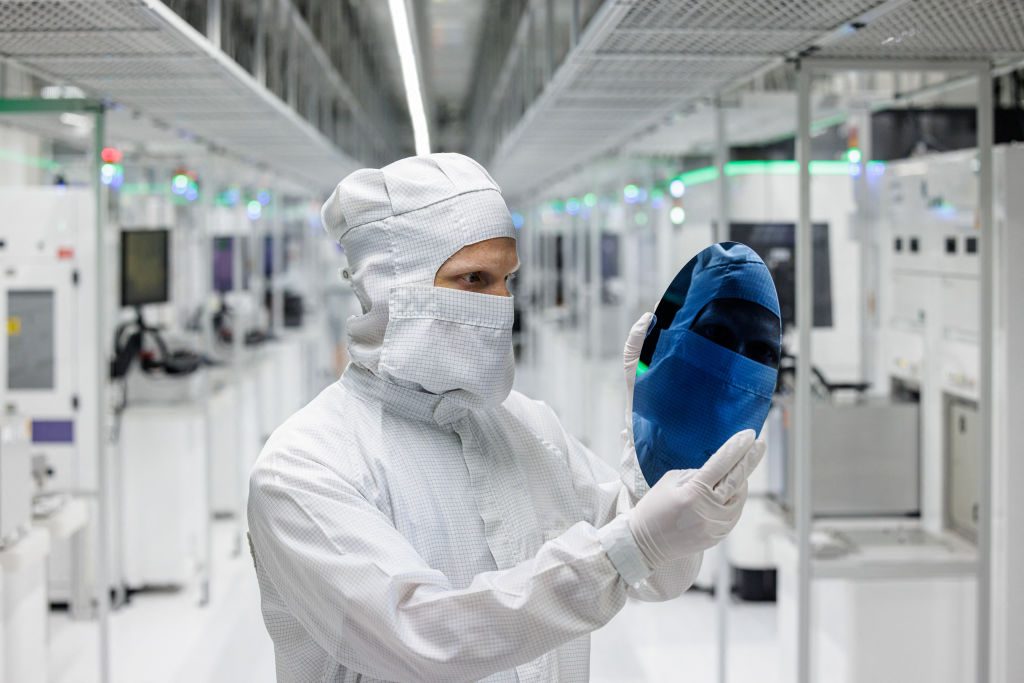Europe faces a difficult trilemma when dealing with China. Firstly, the European Union’s trade deficit with Beijing has widened, especially since the pandemic, posing threats to key sectors of European industry. Secondly, there are specific dependencies on China, such as rare earths, which the country can leverage as chokepoints against Brussels. Finally, Europe is dependent on the US for a large share of imports and the security umbrella, which comes with pressure to follow the White House’s lead on China.
The latest example of Europe trying to wriggle free from this sticky situation is playing out in the Netherlands. On Sunday, the Dutch government announced that it had taken control of Nexperia, a Nijmegen-based semiconductor firm owned by Chinese tech firm Wingtech. The government used a Cold War-era law that would allow it to take that step if it fears the emergency shortage of essential goods; afterwards, Wingtech’s CEO was turfed out and replaced by a Dutch director.
To justify this, the Dutch government claimed there had been “recent and acute signals of serious governance shortcomings and actions within Nexperia”. It added that these “posed a threat to the continuity and safeguarding on Dutch and European soil of crucial technological knowledge and capabilities”. The statement didn’t explain what these shortcomings or actions were. A Dutch court filing, released separately after the government’s announcement, raised several governance issues stemming from Wingtech’s CEO. This includes over-ordering inventory from a China-based supplier.
What we do know, however, is that the government’s invocation of the act swiftly followed a US expansion of its sanctions on Chinese firms. The sanctions would extend to subsidiaries of firms on the US’s so-called entity list. This includes Wingtech, making life significantly more complicated for Nexperia. The Dutch court filing included notes from a meeting between American and Dutch government officials. The Americans made clear to their Dutch counterparts that Wingtech’s CEO would need to be removed from his position at Nexperia for the firm to qualify for an entity list exemption.
There were reports that the company was planning to leak chip production knowledge to China, but Nexperia doesn’t make particularly advanced chips. It produces the kind found in new cars or consumer electronics — hardly something China has a problem making at scale.
Beijing has plenty of options when it comes to retaliation. Aside from tightening rare-earth export controls, a process it has already set in motion, it could take action against Dutch or European firms in China. It has already placed export controls on Nexperia, which has substantial production facilities in China. The firm makes almost a quarter of the world’s supply of the less sophisticated chips that it specialises in.
If it wants another target, it has lots to choose from, too. The likelihood of retaliation is higher, too, due to the impact the takeover had on Wingtech, which saw its shares on Shanghai’s composite index drop by 10% as markets opened on Monday morning.
What happens next will, at least partly, be a litmus test for what Europe can and can’t do in its relationship with China. The bigger problem the continent faces is, and will continue to be, the car industry, where Beijing’s electric carmakers increasingly have an edge. China has already retaliated against Brussels over tariffs on some of its automakers.
The response, directed in particular against EU pork products, has been relatively mild. This is possibly because the EU’s tariffs didn’t substantially threaten these firms’ business models. Chinese automakers are pressing ahead with their European expansion plans, despite the tariffs. If Europe were willing — or able — to do something that posed a more substantial threat to China’s ability to operate on the continent, it might be a different story. But, as things stand, Europe’s economy remains perilously reliant on China’s magnanimity.
This is an edited version of an article which originally appeared in the Eurointelligence newsletter.










Join the discussion
Join like minded readers that support our journalism by becoming a paid subscriber
To join the discussion in the comments, become a paid subscriber.
Join like minded readers that support our journalism, read unlimited articles and enjoy other subscriber-only benefits.
Subscribe